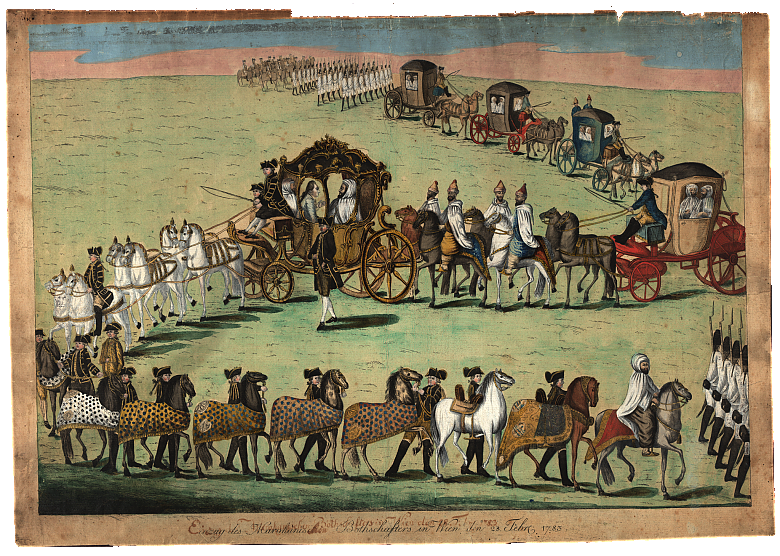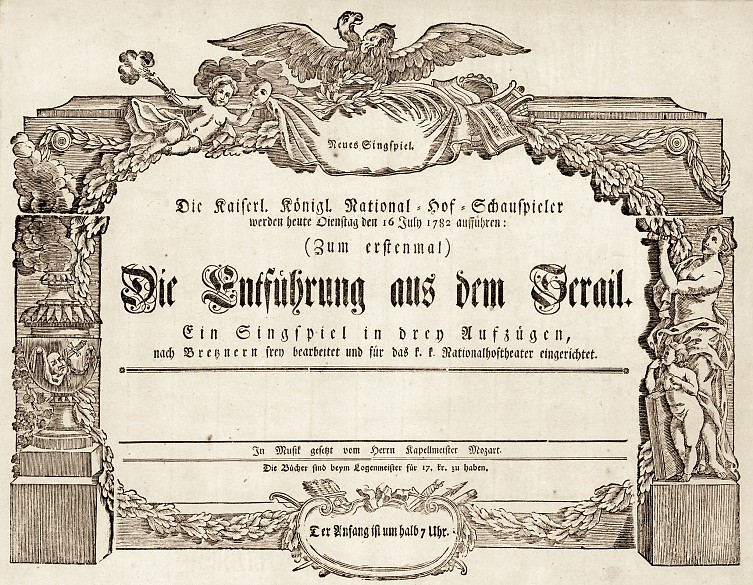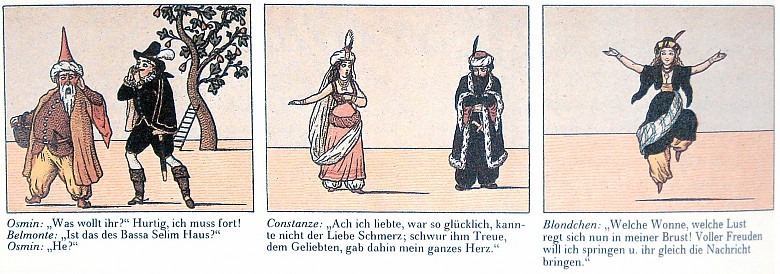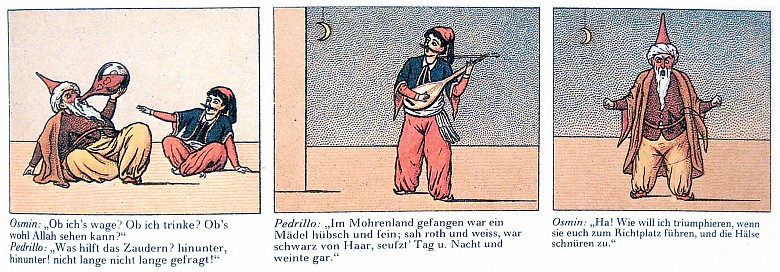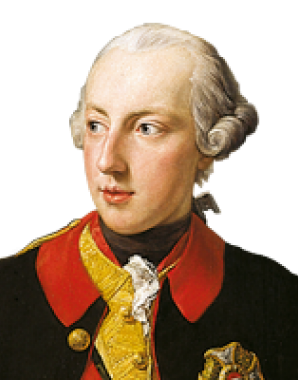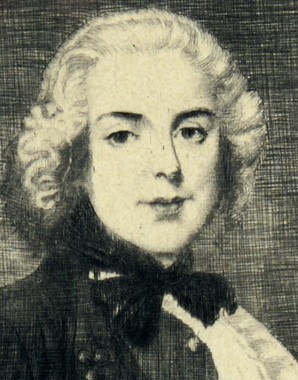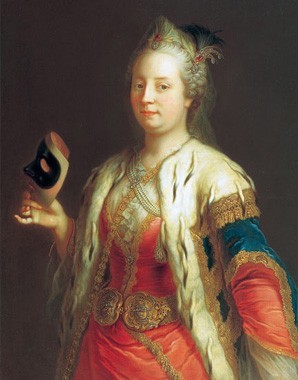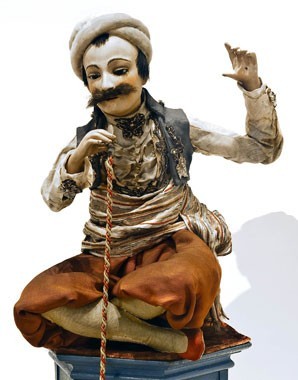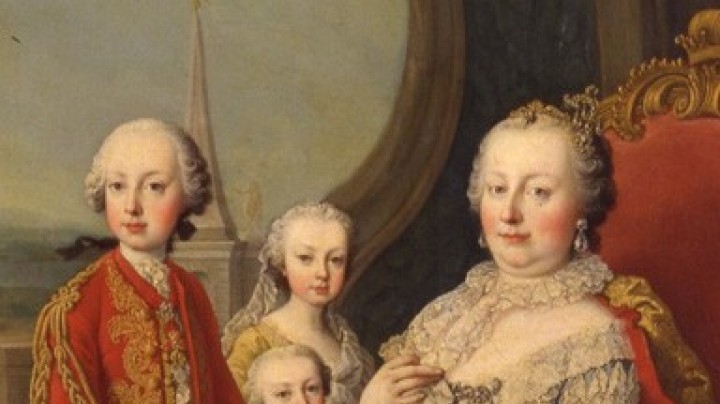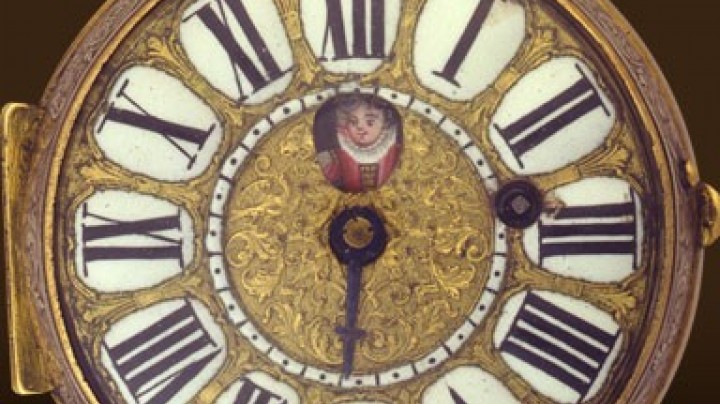Turks in Vienna! The Abduction from the Seraglio at Vienna’s Burgtheater
‘Oh, how I will triumph!’ Mozart’s opera with Oriental motifs chimes with the tastes of the time and proves a hit with audiences.
What had inspired fear and loathing in the city just a hundred years previously now enchanted Viennese audiences: the story of a young lady and her servant who fall into the hands of a Turk was a box-office hit. The plot and setting of the opera, which was premiered at the Burgtheater on 16 July 1782, appealed to the contemporary fashion for all things Turkish that had taken hold in Viennese society around the centenary of the second Turkish siege of Vienna and the subsequent victory over the Turkish forces.
The score contained imitations of Turkish military music, a Janissary band with piccolos, triangle, cymbals and large drum.
Mozart broke with the strict formal conventions of music up to that time, deploying a wealth of unusual and innovative motifs in his compositions. One of his female roles also provided novel perspectives: the serving maid Blondchen comes out with rebellious utterances such as ‘girls are not wares to be given away’. She will resist anyone who forces her to do something; it is rather the men who are ‘our slaves’. The way the Turkish protagonists are presented is informed by the ideas of the Enlightenment and the humanist movement, according to which both good and evil exist in all peoples: while the character of the overseer Osmin veers between the comic and the sinister, Pasha Bassa Selim is not, as might be expected, a villain – and the opera closes with a chorus praising his humanity.
Emperor Joseph II, whose musical tastes inclined towards the conservative, gave his opinion of the opera to Mozart: ‘Too beautiful for our ears and a terrible lot of notes, dear Mozart.’ To which the composer rejoined: ‘Just as many notes, Your Majesty, as are necessary.’ The Emperor was amused by such repartee. Nonetheless, despite receiving great praise from all sides, Mozart did not obtain a post at Court. Frustrated and disheartened, he said: ‘I serve no monarch in the world more dearly than the Emperor, but I will not beg for any position.’
The Abduction from the Seraglio became Mozart’s most successful opera and was so popular that repeated performances were given. After its premiere in Vienna it was also performed in Prague and in many German cities.
Mozart received just 100 ducats (equivalent to 450 gulden; a teacher’s annual salary at that time was 22 gulden) for the composition. He received no fee for any of the subsequent performances, as there was no copyright protection at that time. He perceived this as a great injustice. By comparison, a leading singer would have received around ten times as much for a single performance.
